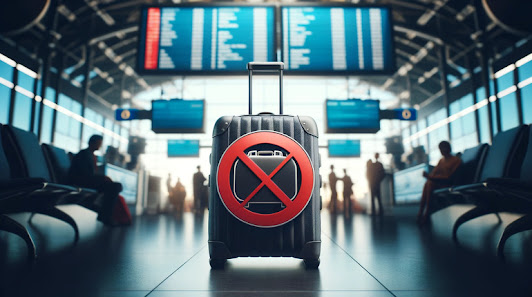Important Things to Know When Traveling from Canada to India
Traveling from Canada to India can be an exciting adventure filled with vibrant cultures, historical landmarks, and diverse experiences. However, to ensure a smooth and enjoyable trip, it's crucial to be well-prepared. Here are some essential tips and information to keep in mind when planning your journey.
Visa Requirements
Before traveling to India traveling to India, Canadian citizens must obtain a visa. You can apply for an e-visa online, which is valid for tourism, business, or medical purposes. Ensure your passport has at least six months of validity from the date of arrival in India and includes at least two blank pages for visa stamps.
Health and Vaccinations
Consult your doctor about necessary vaccinations well in advance of your trip. Recommended vaccines include Hepatitis A, Typhoid, and routine vaccinations. Depending on your travel itinerary, you might also need vaccines for Hepatitis B, Japanese Encephalitis, and Malaria prophylaxis.
Currency and Payments
The currency used in India is the Indian Rupee (INR). It's advisable to carry some local currency for small transactions. Credit and debit cards are widely accepted in urban areas, but cash is preferred in rural regions. You can exchange currency at airports, banks, and authorized exchange centers.
Cultural Etiquette
Respect local customs and traditions to make your visit more pleasant. Dress modestly, especially when visiting religious sites. Remove your shoes before entering temples or homes. Avoid public displays of affection and be mindful of local sensitivities.
Safety and Security
India is generally safe for tourists, but it's important to stay vigilant. Keep your belongings secure, avoid isolated areas at night, and be cautious when using public transport. It's also recommended to register with the Canadian embassy or consulate in India for assistance in case of emergencies.
Language and Communication
India has several official languages, but Hindi and English are widely spoken. English is commonly used in business, tourism, and government. Learning a few basic phrases in Hindi can be helpful and appreciated by locals.
Travel Insurance
Comprehensive travel insurance is essential when traveling to India. It should cover medical emergencies, trip cancellations, lost luggage, and other unforeseen incidents. Ensure your insurance policy includes coverage for activities you plan to engage in during your stay.
Transportation
India offers various transportation options, including domestic flights, trains, buses, and taxis. Domestic flights are convenient for long-distance travel. Trains provide an opportunity to experience the local culture but book tickets in advance. Use reputable taxi services or rideshare apps for safety.
Weather and Climate
India has diverse climates, so pack accordingly based on the regions you plan to visit. The best time to visit is during the winter months (October to March) when the weather is pleasant. Summers can be extremely hot, especially in northern and central India.
Food and Water Safety
Indian cuisine is rich and diverse, but it's important to be cautious about food and water safety. Drink bottled or filtered water, avoid street food that may not be hygienically prepared, and eat at reputable restaurants. Carry medications for common travel ailments like diarrhea.




Comments
Post a Comment